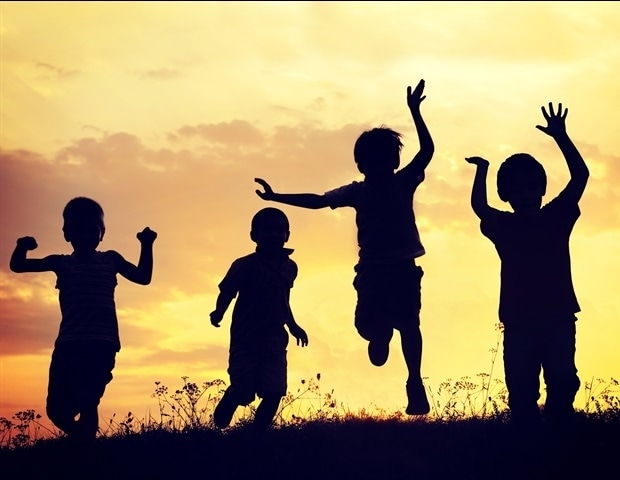Seasons of change can be difficult to navigate emotionally, not only for adults, but also for children. The ongoing COVID-19 pandemic has undoubtedly impacted children’s mental health, and as families start planning for the holidays that may look very different this year, it’s important to build resilience in kids to prepare them for what’s ahead during these winter months.
A new survey by Nationwide Children’s Hospital found two-thirds of parents worry the effects of the pandemic on their children’s mental health will be more challenging to recover from the longer it continues. With adjustments to a child’s home environment, empathetic family conversations and thoughtful planning, parents can set kids up for success.
“Parents should take heart that kids have the ability to be incredibly resilient with the right support,” said Parker Huston, PhD, clinical director of On Our Sleeves®, the movement to transform children’s mental health, and pediatric psychologist for Big Lots Behavioral Health Services at Nationwide Children’s. “As they grow up, children are always changing, adapting to and learning new things. Of course, they do have their own expectations, routines and memories, so when they are told at this time of year that their holidays are going to be different, it can be difficult for them to accept, especially if they feel like they’re missing out on some of their favorite parts of the season.”
Families should initiate open and honest conversations early on about how usual traditions might be changed this year, and discuss how everyone feels about those changes. Disagreements about the “right” thing to do this holiday season are normal, and it’s important that parents share their feelings and listen to their children. Enter the conversation knowing things won’t be the same this year, and explore creative solutions.
As parents, I think it’s on us to be more creative this year, considering our kids’ favorite parts of this season and coming up with ways they can stay connected and active, even if some traditions need to change or be made new. A cooking or baking lesson could be a great way to teach kids more about the family recipes they enjoy, and outdoor games can help keep everyone active and engaged with each other.”
Parker Huston, PhD, Psychologist, Nationwide Children’s Hospital
Families also should remember to tap into gratitude. While kids may be disappointed in what they’re missing out on this year, parents can encourage them to identify and talk about what they’re grateful for. Practicing gratitude is proven to strengthen mental health in children and adults alike, and can help make a unique holiday season brighter.
